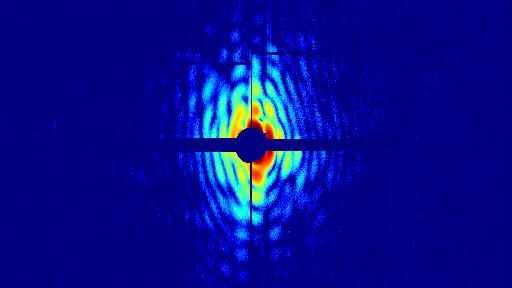Byggstart för en Humanistisk teater i Uppsala
Idag tas det första spadtaget för Humanistiska teatern i Engelska parken. Den nya amfiteater-inspirerade hörsalen blir en arena för alla som vill bidra till det humanistiska samtalet, både i och utanför universitetet, och beräknas stå klar vid årsskiftet 2016/17.
